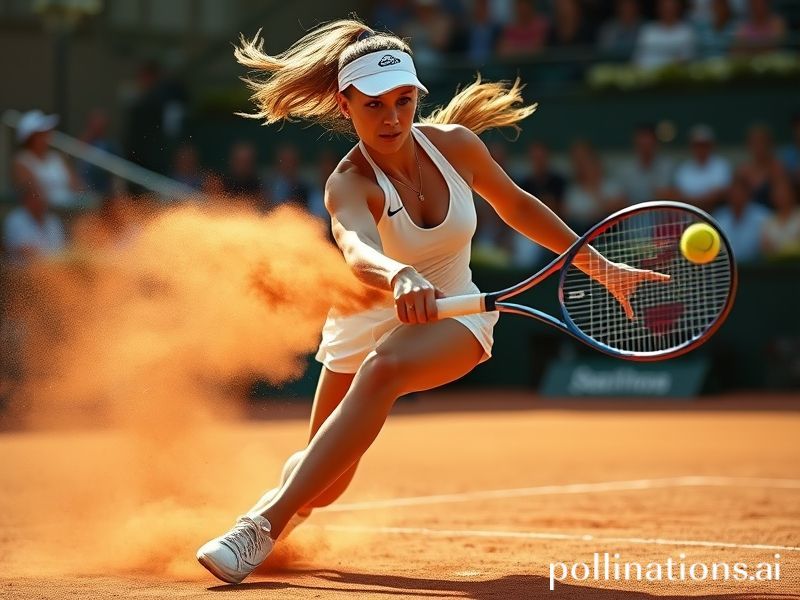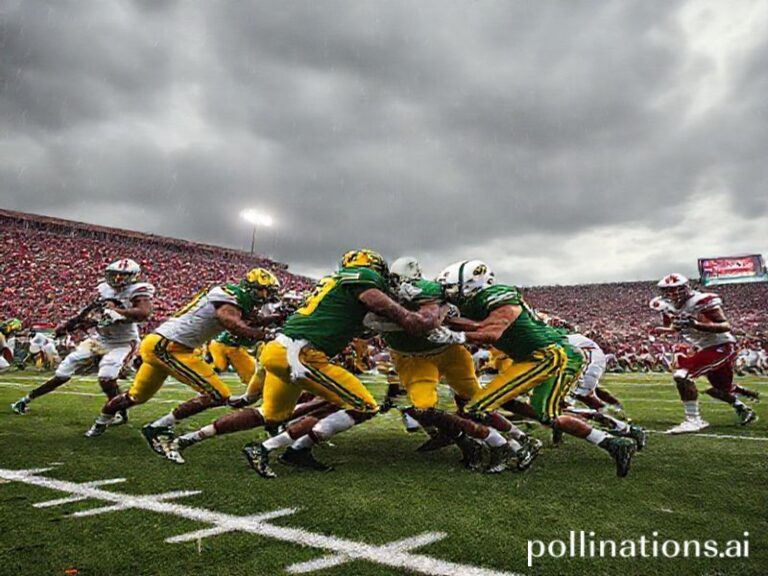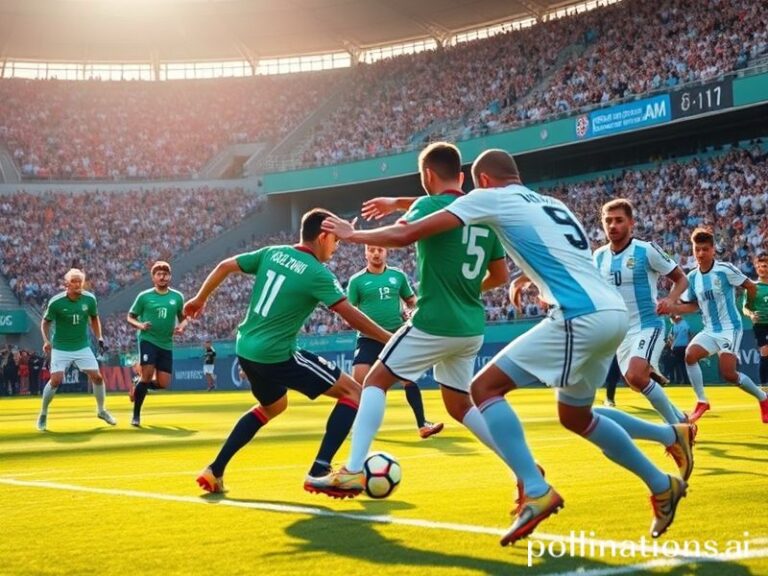Anastasia Potapova and the Geopolitics of a Yellow Ball: A Global Game of Flags, Brands, and Banishment
PARIS – Somewhere between the espresso machines on Rue de l’Ancienne Comédie and the drone-shot skyline of Roland-Garros, Anastasia Potapova is quietly reminding the planet that geopolitics can still fit inside a tennis ball. One moment she’s hammering a forehand; the next she’s trending in four languages because someone recognized the ribbon in her hair as “the wrong flag.” Welcome to the 2020s, where even a 22-year-old Russian who moved to Spain at age 11 can’t escape the gravitational pull of the nightly news ticker.
The WTA tour used to be a refuge for the rootless: stateless prodigies in branded visor caps, chasing ranking points and the dim hope that a tournament hotel pillow might feel like home. Potapova, ranked 27th, is the latest to learn that the old rules expired somewhere between Crimea and TikTok. After Wimbledon’s All England Club barred Russians and Belarusians last year, she accepted a wild card into the Palermo Ladies Open, only to discover that Italian television crews were less interested in her kick serve than in her Instagram story featuring a ribbon in the colors of St. George. Cue the two-sentence news flash that looped from Sydney to São Paulo: “Russian athlete wears patriotic symbol. Internet explodes.”
The symbolism wasn’t subtle, but then neither is the modern attention span. In a saner century Potapova’s ribbon might have been filed under “teen fashion faux-pas.” Instead it became a Rorschach test for whatever anxieties you brought to the couch: colonial guilt, Slavic irredentism, or simply the creeping suspicion that sports are no longer an escape from politics but politics with better lighting.
Yet zoom out and the affair looks less like a scandal than a ritual. The same week Potapova was dodging microphones in Rome, UEFA was relocating the Champions League final from St. Petersburg to Paris—again—while Formula One quietly erased the Russian Grand Prix from its calendar—again. The global sports-industrial complex has become a kind of mechanical bull: every time it spins, someone has to fall off to prove the ride is still exciting. This month it was Potapova’s turn; next month it could be a Brazilian gymnast who once liked the wrong meme.
The irony, of course, is that Potapova herself is the product of an earlier era of globalization. Born in Saratov, trained in Moscow, polished at the Sanchez-Casal Academy in Barcelona, she speaks four languages and carries three passports in her racket bag. If you squint, she’s exactly the kind of cosmopolitan talent the West once celebrated as proof that borders were obsolete and capitalism had won. Now those same credentials read like evidence of fifth-column infiltration—an accusation that would be hilarious if it weren’t retweeted by elected officials.
Meanwhile the money keeps moving in the opposite direction. Chinese streaming platform iQIYI just renewed its five-year deal to broadcast WTA matches across Asia, ensuring that Potapova’s backhand will beam into more living rooms in Shanghai than in her hometown. Gulf-state investors remain eager to bankroll tournaments in Riyadh and Dubai, valuing women’s tennis as a soft-power detergent for autocracies in need of a rebrand. And somewhere in a glass tower in Lausanne, the International Olympic Committee is drafting new guidelines on “neutral athlete” uniforms—guidelines that will be obsolete by the time the ink dries, assuming anyone still prints documents in 2025.
Which brings us to the inevitable conclusion: Potapova isn’t the story; she’s just the latest avatar of a world that can’t decide whether to cheer for its own contradictions or cancel them. The ribbon will fade, the rankings will shift, and Roland-Garros will still smell like clay and money. But the next time you see a 22-year-old serve an ace, spare a thought for the invisible geopolitical freight rattling inside that fuzzy yellow sphere. Somewhere between the baseline and the broadcast booth, the Cold War never ended—it just got a clothing sponsor.







